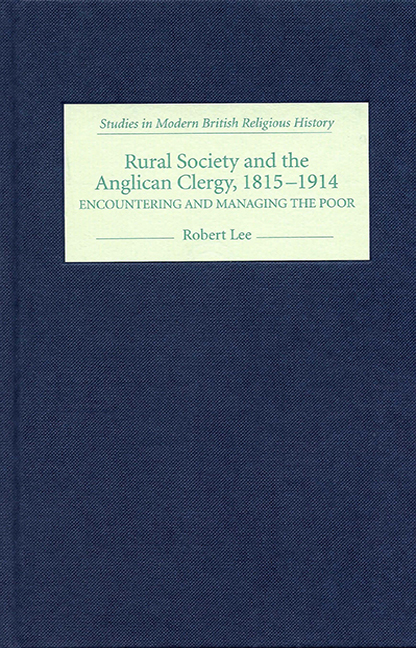Book contents
- Frontmatter
- Contenst
- List of illustrations
- Preface
- List of abbreviations
- Introduction
- Part I Encountering the Poor
- Part II Managing the Poor
- 4 Guardians and trustees: Managing moral and economic behaviour
- 5 Customs in conflict: Managing law and order
- 6 Liberalisation or indoctrination: Managing education
- 7 Networks of authority, influence and power: Managing dissidence
- Conclusion
- Bibliography
- Index
5 - Customs in conflict: Managing law and order
from Part II - Managing the Poor
Published online by Cambridge University Press: 11 May 2017
- Frontmatter
- Contenst
- List of illustrations
- Preface
- List of abbreviations
- Introduction
- Part I Encountering the Poor
- Part II Managing the Poor
- 4 Guardians and trustees: Managing moral and economic behaviour
- 5 Customs in conflict: Managing law and order
- 6 Liberalisation or indoctrination: Managing education
- 7 Networks of authority, influence and power: Managing dissidence
- Conclusion
- Bibliography
- Index
Summary
Introduction
An understanding that crime and criminality were as much rural as urban phenomena was beginning to emerge from the studies of social observers and analysts like John Glyde during the middle decades of the nineteenth century. Glyde's own work on rural crime in Suffolk led him to conclude that ‘the simplicity and innocence of peasant life exists only in the imagination’. Analyses of rural crime in the nineteenth century, however, quickly run into problems of definition. What was against the law? Who had defined it to be so and why? Interpretations in this area are never more complex and problematic than when dealing with the concepts of ‘custom’ and ‘social crime’. At what point did orally transmitted understandings of ‘custom’ begin to transgress new written versions of the law? Where, exactly, did ‘crime’ end and ‘social crime’ begin? Were arson, animal-maiming and social unrest the last after-shocks of the ‘moral economy of the crowd’, the faded remnants of a negotiating mechanism that no longer received any reply?
This chapter deals with the maintenance of law and order and the dispensation of justice, particularly by clerical magistrates, in the country parishes of nineteenth-century Norfolk. Magistrates sitting at Petty Sessions and Quarter Sessions had many powers and responsibilities beyond those specifically concerned with the criminal law. So wide-ranging were their powers, and so autonomous their authority, that magistrates constituted the effective ‘county government’ in the years preceding the County Councils Act of 1888.
How prominent were clergymen in the magistracy of nineteenth-century Norfolk? Table 14 indicates that their numbers executed a steady decline during the century and that, even by the 1830s, the age of the clerical magistracy was substantially over. Nevertheless, it also suggests that Norfolk tended to have a higher proportion of clerical magistrates than was usual in England as a whole. Zangerl points out that clerical magistrates were often appointed to areas without resident gentry. For the most part this made a seamless connection: ‘very little differentiated the clerical magistrates from their lay colleagues … they shared the values and interests of the landed classes [and] they were not inclined to rock the established boat’. Even so, the appointment removed the clergyman – at least for a time – from his spiritual concerns and his elite social circle, and brought him into direct contact with the gritty secular world of the labouring poor.
- Type
- Chapter
- Information
- Rural Society and the Anglican Clergy, 1815–1914Encountering and Managing the Poor, pp. 104 - 130Publisher: Boydell & BrewerPrint publication year: 2006



